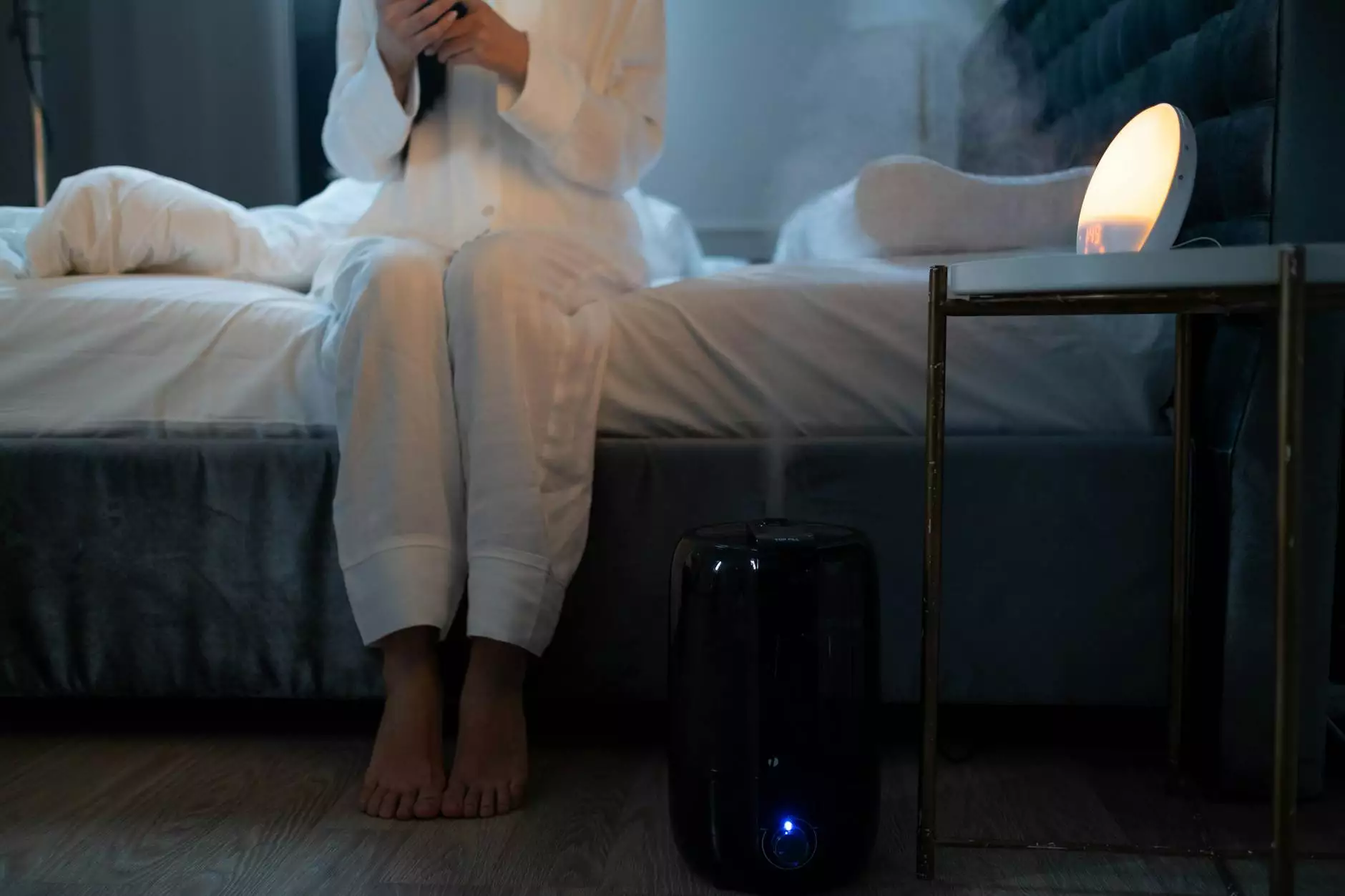Understanding Lorazepam 2.5mg: Your Guide to Safe Use and Management

What is Lorazepam?
Lorazepam is a medication belonging to the benzodiazepine class, primarily prescribed to manage anxiety disorders and assist with sleep issues. Its calming effects can provide relief for those experiencing extreme feelings of anxiety, panic attacks, or insomnia. By enhancing the effects of a specific neurotransmitter in the brain called gamma-aminobutyric acid (GABA), Lorazepam promotes relaxation and reduces nerve activity, contributing to its therapeutic capabilities. The common dosage prescribed for routine use is lorazepam 2.5mg.
Indications for Use
Lorazepam is often indicated for various conditions, including:
- Anxiety Disorders: It provides quick relief during episodes of heightened anxiety.
- Panic Attacks: Helps manage acute panic attacks when they occur.
- Insomnia: Acts as a short-term solution to improve sleep quality.
- Preoperative Sedation: Used to calm patients before medical procedures.
Benefits of Lorazepam 2.5mg
When used responsibly, Lorazepam can offer numerous benefits, such as:
- Rapid Onset of Action: Many patients find relief from anxiety symptoms within a short time of administration.
- Effective Sleep Aid: Can facilitate a much-needed sleep for those suffering from insomnia due to anxiety or stress.
- Flexible Dosing: Available in various dosages, including lorazepam 2.5mg, making it customizable to the patient's needs.
- Management of Withdrawal Symptoms: Useful for patients dealing with alcohol withdrawal and associated symptoms.
How to Use Lorazepam 2.5mg Safely
It is crucial to use Lorazepam precisely as prescribed by a healthcare provider. Here are some essential tips for safe use:
- Follow the Prescription: Adhere strictly to the dosage and instructions provided by your healthcare professional.
- Avoid Mixing with Other Substances: Refrain from consuming alcohol or other central nervous system depressants while using this medication.
- Monitor for Side Effects: Be aware of potential side effects, which can include dizziness, drowsiness, and cognitive impairment.
- Gradual Discontinuation: If you need to stop taking Lorazepam, do so under medical supervision to avoid withdrawal symptoms.
Potential Side Effects and Interactions
Lorazepam 2.5mg is generally well tolerated, but like all medications, it may cause side effects in some individuals. Common side effects include:
- Drowsiness or sedation
- Dizziness or lightheadedness
- Fatigue
- Confusion, particularly in elderly patients
Discuss any severe reactions or persistent side effects with your healthcare provider. Additionally, it’s essential to inform your doctor about all other medications, supplements, and over-the-counter drugs you are taking to avoid detrimental interactions.
Os and Don'ts of Lorazepam
Dos
- Consult with your doctor regarding your medical history.
- Take Lorazepam as directed to ensure effectiveness.
- Communicate openly with your healthcare provider about your symptoms and any concerns.
Don'ts
- Avoid taking larger doses than prescribed.
- Do not abruptly stop taking Lorazepam without medical guidance.
- Never mix Lorazepam with alcohol or other sedatives.
Alternative Treatments for Anxiety and Insomnia
While Lorazepam can be effective, it’s not the only option available for managing anxiety and insomnia. Other treatments include:
- Cognitive Behavioral Therapy (CBT): This type of therapy helps individuals change negative thought patterns that contribute to anxiety.
- Exercise: Regular physical activity can significantly improve mood and reduce anxiety levels.
- Mindfulness and Meditation: Techniques such as meditation can help individuals manage stress and anxiety effectively.
- Natural Supplements: Some people explore herbal remedies like valerian root or kava to improve sleep and reduce anxiety.
The Importance of Consulting Healthcare Professionals
Before starting any treatment, especially with medications like lorazepam 2.5mg, consultation with a healthcare professional is essential. This is crucial for:
- Personalized Treatment: A doctor can recommend a treatment plan tailored to your specific needs.
- Monitoring: Regular check-ins can help assess the effectiveness of the medication and monitor for side effects.
- Alternative Options: If Lorazepam is not suitable for you, healthcare professionals can suggest alternative therapies or medications.
Conclusion
Understanding and responsibly using lorazepam 2.5mg can significantly enhance the quality of life for those grappling with anxiety, panic disorders, or sleep issues. By adhering to prescribed guidelines, communicating with healthcare professionals, and considering holistic approaches to treatment, individuals can effectively manage their conditions. Remember, the journey to mental wellness is a collaborative effort, and the right guidance makes all the difference.
For more information on medications and mental health management, visit australian-pharmacy.net.









